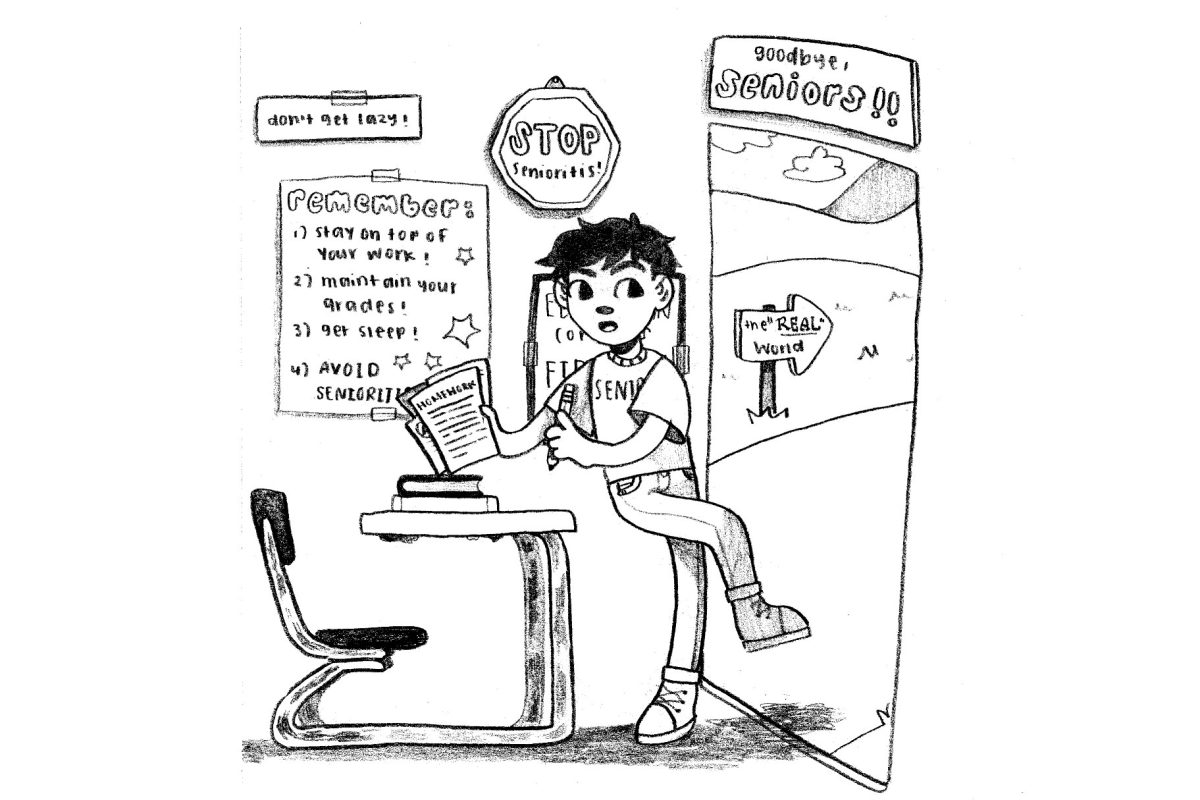Now that we’re past October, we’ve entered the two-month spread for Christmas. Somehow, the entire month of November became more focused on a holiday that was a month away than Thanksgiving. And, of course, that means that holiday deals (and early Black Friday sales) are showing up.
We’re no strangers to holiday deals; we covered just a few of them last year as an informational article. What we didn’t address, however, were the pros and cons of consumerism during the late-year holiday season.
First, it’s good to establish that Christmas consumerism is nothing new; for at least the last century or so, the holiday season has been incredibly profitable for retailers. With the rise of big box retailers and online shopping, those profit margins have skyrocketed. No wonder Christmas gets shoved so early; the longer the profits roll, the better.
In the minds of many consumers, Christmas items being out before Halloween is absurd. The holiday is two months away; why put decorations and gifts out then? But we continue to fall for it, buying long before the holiday so that we can get ahead. Parents make up a steady demographic of the Christmas shopping pie chart, buying gifts for their children and relatives, sometimes en masse.
It’s hard to imagine the holiday season without these quickfire deals and merchandising and all of the other ways we are lulled into spending our money on products that won’t last as long. It’s practically more American than apple pie at this point.
The holiday season is one of the biggest retail revenue points of the year. In 2020 and 2021, revenue from Christmas sales went up 9.3% and 13.5%, respectively.
In 2022, projections showed that the retail industry made around $942 billion. The National Retail Foundation (NRF) estimates that those numbers will increase by some 3-4% this season, bringing the total up to between $957.3 billion and $966.6 billion.
Clearly, holiday sales are very important to the bottom line of many U.S. companies, especially retailers, both physical and online. However, there is a less-spoken human and earthly toll of the season.
Consumers become stressed during the holiday season, thanks to expectations – or the mere idea of expectations – which harms their mental health during the season. Many are affected by seasonal depression, thought to be caused by the onset of shorter, darker days and other stresses.
Consumers also tend to be impulsive buyers, leading to plenty of remorse and stress following close behind. On top of this, the commercialization of Christmas takes away from the ideas of cheer, family, and warmth that the holiday is connoted with.
As for stores, investigations have found that many stores sell products that were made without respect for the environment and/or in sweatshops. Ethical brands are often pushed aside for their higher prices during the season as stores try to satisfy customers who are looking for bargains.
Bargain deals may not even be what they seem; many stores mark up prices before Black Friday to slash them again and make the deal seem even better.
Holiday deals can be worth taking, but you, the consumer, should always be ready to combat these things.
With the advent of online shopping and some people supporting local businesses on Small Business Saturday, it can be easier to get your deals without compromising your health or standards.
So, are holiday deals worth it? They can be, but there are some pitfalls that consumers must be careful to avoid. So this holiday season, stay safe and healthy, and maybe use Amazon.


